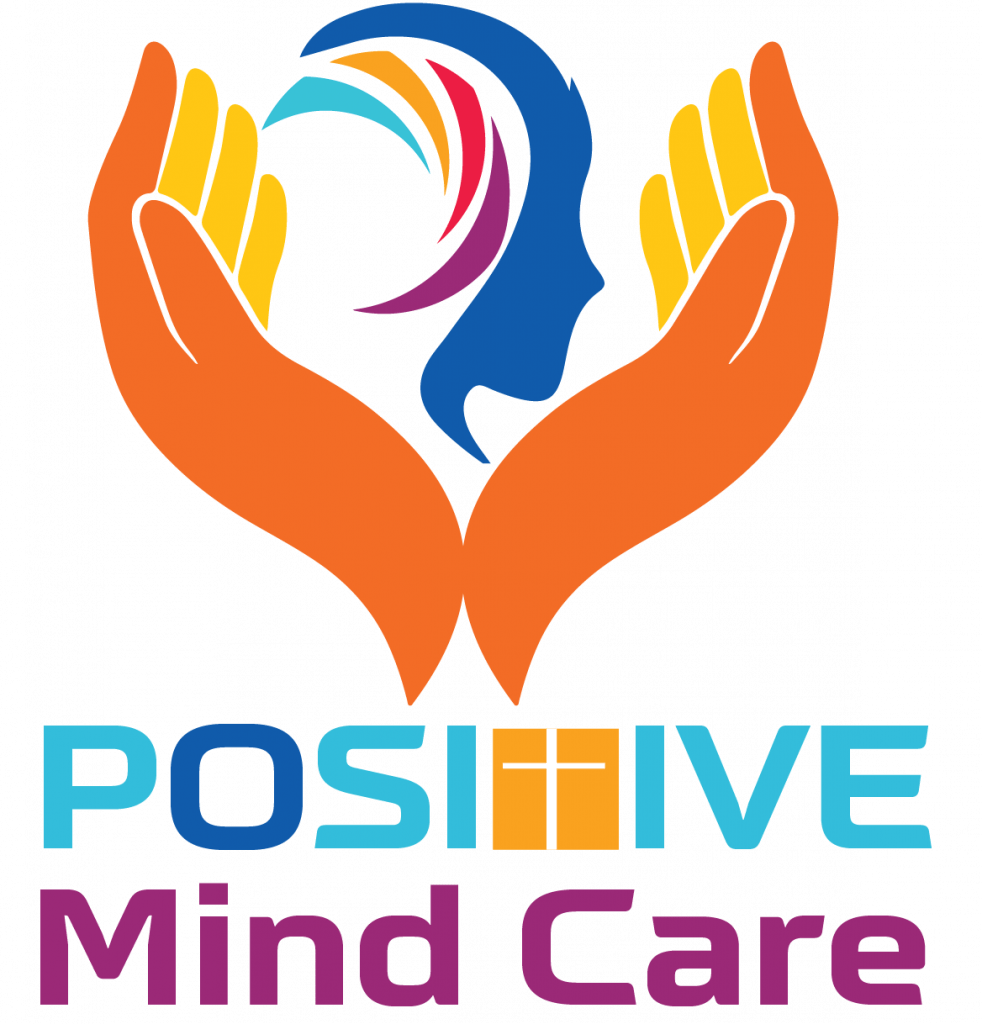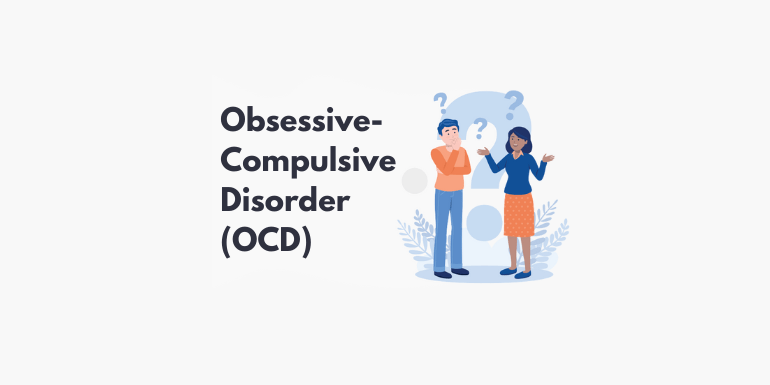Obsessive-Compulsive Disorder (OCD) is a mental health condition characterized by intrusive thoughts (obsessions) and repetitive behaviors (compulsions) that individuals feel compelled to perform. These obsessions and compulsions can significantly impact a person’s daily life, causing distress and interfering with their ability to function. While OCD is a challenging condition, there are effective treatment options available in Delhi, including Deep Transcranial Magnetic Stimulation (Deep TMS).
OCD affects people from all walks of life, regardless of age, gender, or background. It is estimated that around 2-3% of the global population suffers from OCD at some point in their lives. Common obsessions include fears of contamination, intrusive thoughts about harm coming to oneself or others, and an overwhelming need for symmetry or order. Compulsions often manifest as repetitive behaviors like excessive hand washing, checking and rechecking, counting, or arranging objects.
Treatment Options for OCD in Delhi
When it comes to treating OCD, a comprehensive approach involving therapy and medication is often recommended. In Delhi, individuals have access to various treatment options, including Cognitive-Behavioral Therapy (CBT), Medication Management, and Deep Transcranial Magnetic Stimulation (Deep TMS).
- Cognitive-Behavioral Therapy (CBT): CBT is a widely used psychotherapy technique for OCD treatment. It focuses on identifying and challenging irrational thoughts and behaviors associated with OCD. A trained therapist helps individuals understand the root causes of their obsessions and compulsions and develop healthier coping mechanisms. CBT has shown significant success in reducing symptoms and improving the overall quality of life for individuals with OCD.
- Medication Management: Certain medications, such as selective serotonin reuptake inhibitors (SSRIs), have been found to be effective in managing OCD symptoms. Psychiatrists in Delhi can prescribe appropriate medications based on an individual’s specific needs and monitor their progress closely. Medication, when combined with therapy, can be highly beneficial in alleviating symptoms and improving overall functioning.
- Deep Transcranial Magnetic Stimulation (Deep TMS): Deep TMS is a relatively newer treatment option for OCD that has gained attention in recent years. It is a non-invasive procedure that uses magnetic fields to stimulate specific areas of the brain associated with OCD. Deep TMS has shown promise in reducing OCD symptoms, even in cases where other treatments have not been effective. In Delhi, specialized clinics and hospitals offer Deep TMS as part of their comprehensive OCD treatment programs.
Deep TMS involves using a helmet-like device that emits magnetic fields to stimulate the prefrontal cortex, a brain region associated with OCD. The treatment targets abnormal neural activity, helping to restore balance and reduce symptoms. Deep TMS is a safe procedure and does not require anesthesia or hospitalization. Treatment sessions typically last around 20 minutes and are usually administered daily for several weeks.
Obsessive-Compulsive Disorder (OCD) is a complex mental health condition that affects many individuals in Delhi and worldwide. Fortunately, there are effective treatment options available in Delhi, including Cognitive-Behavioral Therapy (CBT), Medication Management, and Deep Transcranial Magnetic Stimulation (Deep TMS). These treatment modalities, both individually and in combination, have shown promising results in reducing OCD symptoms and improving the quality of life for those living with this condition. If you or someone you know is struggling with OCD, it is crucial to seek professional help from therapists, psychiatrists, and specialized clinics in Delhi, including Positive Mind Care, that offer comprehensive treatment options, including Deep TMS. Remember, with the right support and treatment, it is possible to manage OCD and lead a fulfilling life.



